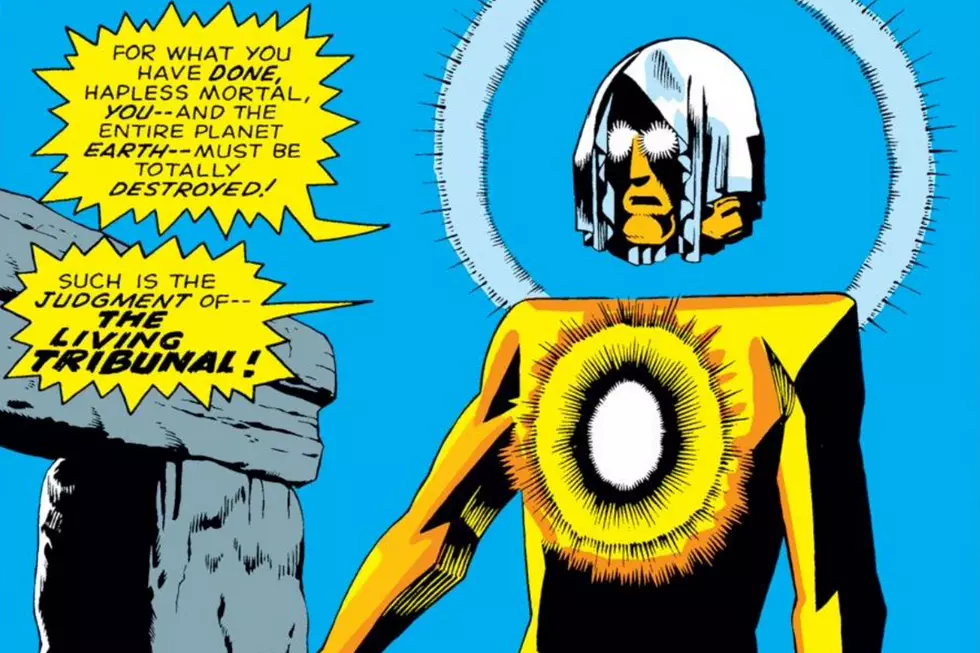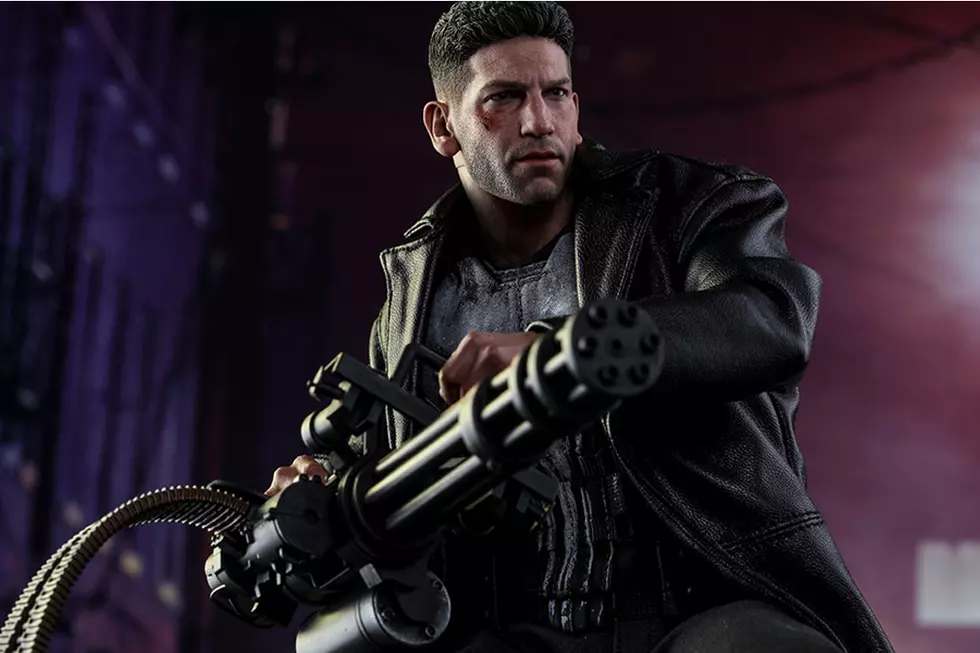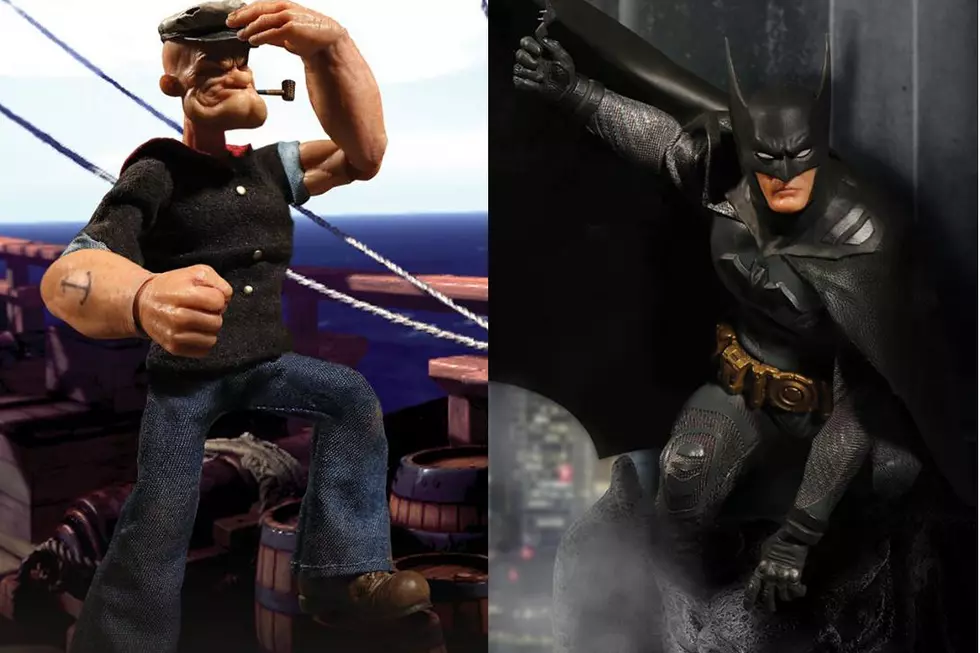
The Difficult Alchemy of Ending A Comic Series
Last week, I wrote about beginnings, something comics as a medium has a lot of. Setting aside all the business reasons for new starts, the preponderance of beginnings might be because comics are often pretty good at them. Consider all the knockout first issues you have read, only to drop the book before it hits number 10. It happens a lot.
This week, I want to talk about something Big Two comics don't quite do so well: end things.
A lot of comics series endings got announced this week. It's a bummer, but something fans are probably going to see more and more of as the number-one-issue machine cranks on.
I could probably count the number of great endings to comics series on my hands, and generally, they tend to be series that had planned endings, or were at least intended to be finite, self-contained works. Transmetropolitan has an amazing final issue, as does Y: The Last Man.
Sometimes, series that started as ongoings wrap up pretty well. Nextwave comes to mind. As Chris Sims pointed out in his "Ask Chris" about final issues, Hitman has a great one. Batman Inc.'s ending was memorable and managed to feel big without really changing anything.
A lot of the times, those books just kind of peter out, though. There are a few reasons: One, books are often cancelled without a lot of warning, so it's all the creative teams can do to pull all the threads together at the end. It's sadly a rush job a lot of times.
Second, superhero comics never really end. Daredevil is ending in February, but do we really expect there to not be a Daredevil series? Same goes for Fantastic Four. And while there may not be a Fearless Defenders title anymore, those characters will appear elsewhere.
In a lot of ways, that's what I love about them. Knowing Spider-Man will endure gives me comfort. But it makes it so that when a series comes to a close, creative teams don't have a ton of options available to them. Characters and concepts have to go on forever, and they have to stay on the table for use in other books. That's why a whole lot of series end with things like group photos or someone riding into a sunset. Clichés are safe, and safe is really the best you can do a lot of times.
Sure, series sometimes end with a character dying or being hopelessly lost or something like that. That's commendable for offering some sort of closure, but knowing it's just going to be reversed takes away all the impact.
And that's the real conundrum. How can an ending have any impact if it isn't really an ending?
The approach Marvel and DC have taken to that conundrum is a solution that's worse than the problem. Read any of the last issues of any of the big event comics of the past decade or so, and you'll find they mostly end the same way: Not with a conclusion that offers closure to the event a reader just read, but with a teaser for the next big event.
Now, that's commerce. It's also, in a sort of twisted way, art imitating life. Life doesn't have concrete, definitive endings. We move from one thing to the next. But let's be real here: If you're a reader buying a series that has "issue six of six" on the cover, you're expecting a wrap-up to the story you're reading right now. Stories aren't life. They're works that get collected into books.
And there are varying degrees of the phenomenon. It's one thing to throw some foreshadowing for the next thing into the last issue of an event. It's something else entirely to do what Trinity War did, which was basically say everything that was Very Important in these six issues you paid 20-something dollars for actually didn't matter at all, so find out what's Really Incredibly Important in this other thing that starts in a week.
That isn't an ending. That's a cheat.
So what should creative teams working on last issues of comics series do, with the knowledge that none of it ever really ends? If I knew the answer, I'd probably be doing something other than writing this column. Maybe sitting on a mountain that people have to climb to ask me for my story advice.
As it is, I can only offer this: Ease up on the hype. Avoid clichés. Give the characters some closure. It's less an ending than the close to a chapter, but those can have an emotional impact, too. What makes a good comic doesn't change just because "Final issue" is stamped on the cover.
More From ComicsAlliance









